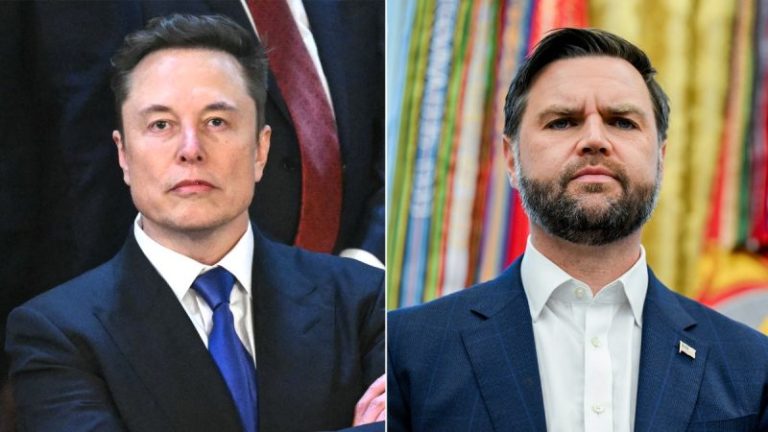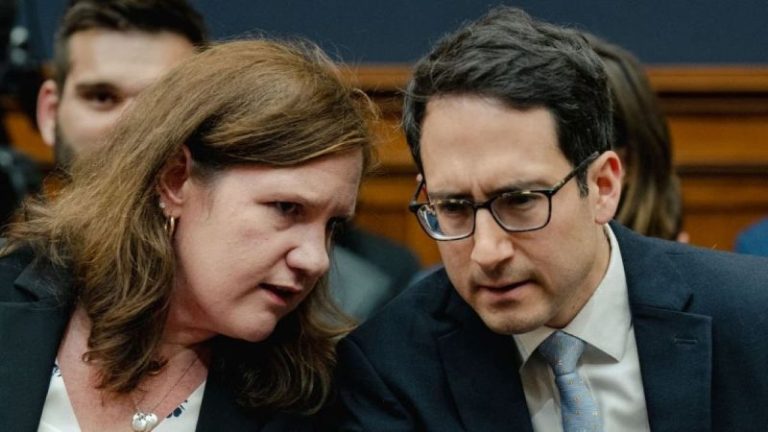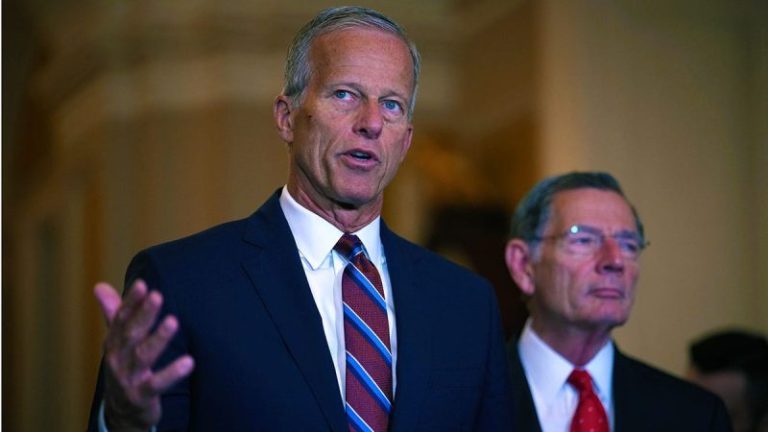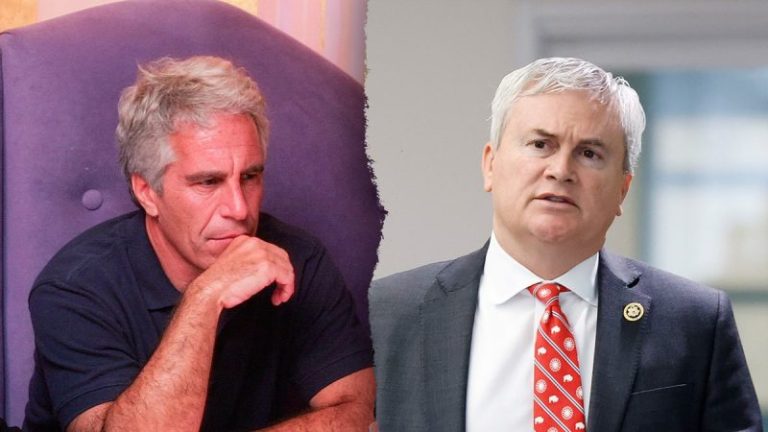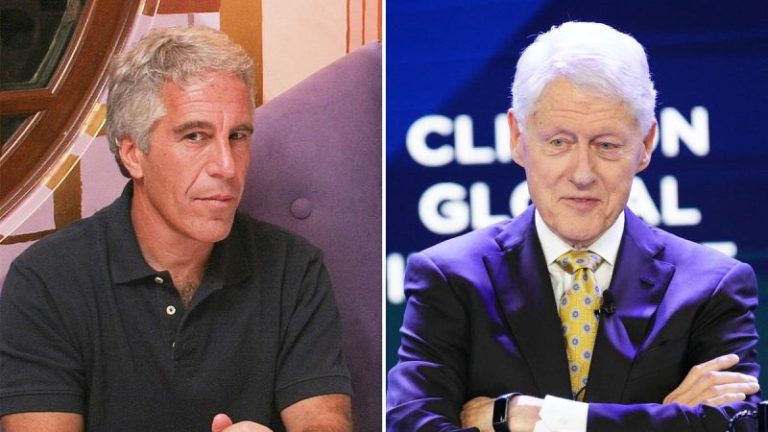Senate Republicans have started the process of going nuclear on Senate Democrats in their quest to confirm President Donald Trump’s nominees.
Senate Majority Leader John Thune, R-S.D., on Monday laid the framework for the GOP to use the ‘nuclear option,’ a move that allows for a rule change in the Senate with a simple majority vote in order to install a new rule that allows for nominees to be voted on in groups.
Republicans are moving forward with a plan originally devised by Democrats during the Biden administration, due to frustrations at the time with the sluggish pace that nominees were moving through the upper chamber.
However, that pace has turned into an outright crawl during Trump’s second term. No nominee at any level has received a voice vote or moved through unanimous consent — two methods meant to fast-track the confirmation process for sub-cabinet level positions in the bureaucracy.
Thune quoted Senate Minority Leader Chuck Schumer, D-N.Y., who in 2022 railed against Republicans during a Senate floor speech for slowing some of former President Joe Biden’s nominees, and said, ‘Regardless of the party in the White House, both sides have long agreed that a President deserves to have his or her administration in place, quickly.’
Thune charged that the Democrats’ blockade was ‘Trump derangement syndrome on steroids’ and argued that if the nominees were as historically bad as they claimed, they would not have voted some of them out of committee on a bipartisan basis.
‘We’ve got a crisis, and it’s time to take steps to restore Senate precedent and codify in Senate rules what was once understood to be standard practice,’ he said.
‘This afternoon I will be taking the necessary procedural steps to amend the rules,’ Thune continued. ‘It is an idea with a Democrat pedigree.’
Thune is expected to take the first step in the process Monday night and will file a resolution with dozens of nominees who advanced out of committee on a bipartisan basis.
The plan, which takes its cue from a bill pushed by Sens. Amy Klobuchar, D-Minn., Angus King, I-Maine, and former Sen. Ben Cardin, D-Md., would allow for nominees to be voted on in groups, or ‘en bloc.’
The original bill put a cap of 10 nominees per en bloc group and included both district judge and U.S. attorney picks. Republicans are likely to go beyond the cap but may not include judicial nominees.
Instead, the focus is on sub-cabinet level nominees that make their way through their respective committees with bipartisan support.
‘What I’m just saying is we’re returning to the way the Senate used to work,’ Senate Majority Whip John Barrasso, R-Wyo., told Fox News Digital. ‘When the vast majority of nominees, after being scrutinized in committee, had their hearings voted out and sent to the floor. Then you know, Bush, Clinton — 99% of them by unanimous consent or by voice vote, and President Trump has had zero.’
Thune’s move comes after he and Schumer were unable to reach a deal on moving nominees last month before lawmakers left Washington for recess.
Both parties have turned to the nuclear option a handful of times since 2010. In 2013, then-Senate Majority Leader Harry Reid, D-Nev., used the nuclear option to allow for all executive branch nominees to be confirmed by simple majority.
Four years later, then Senate Majority Leader Mitch McConnell, R-Ky., went nuclear to allow for Supreme Court nominees to be confirmed by a simple majority. And in 2019, McConnell reduced the debate time to two hours for civilian nominees.
Republicans voiced hope that using a proposal from Democrats would sway some to support the change and argued that the move is meant to further streamline the process and prevent future blockades by either party.
‘I really look at this like they’re forcing us to do something,’ Sen. Roger Marshall, R-Kan., told Fox News Digital. ‘There’s nothing nuclear about it, in my humble opinion. And again, this is their bill, and we’ll see. It’s great to watch them squirm as they try to figure out what to do with this.’
This post appeared first on FOX NEWS

